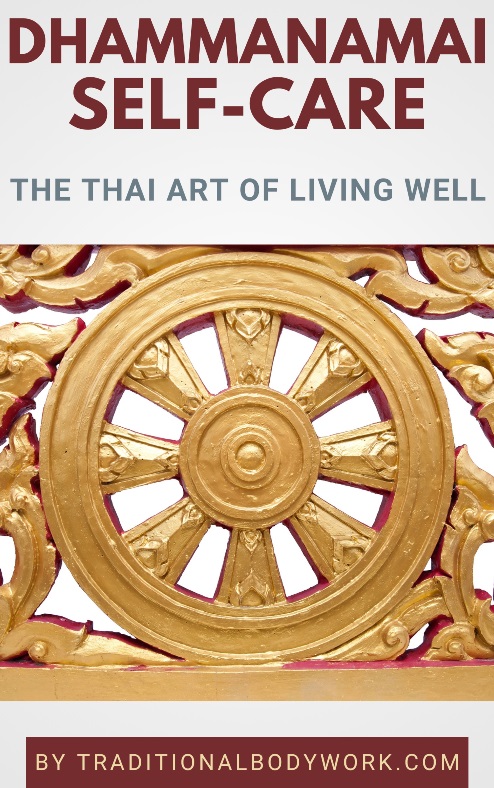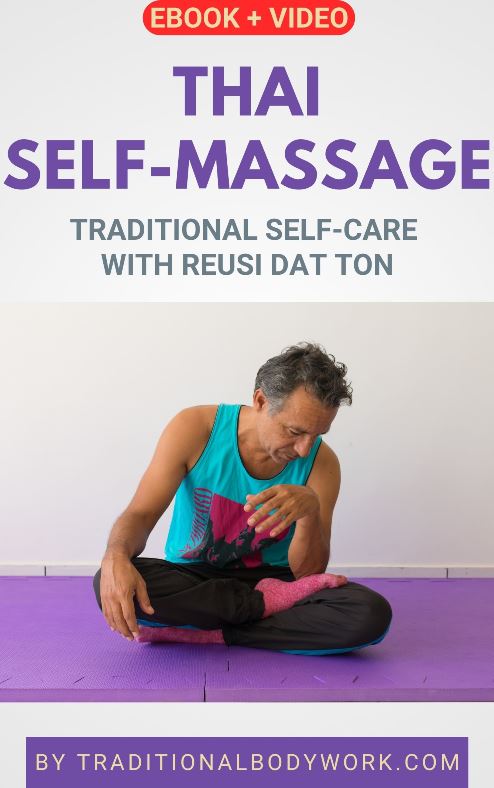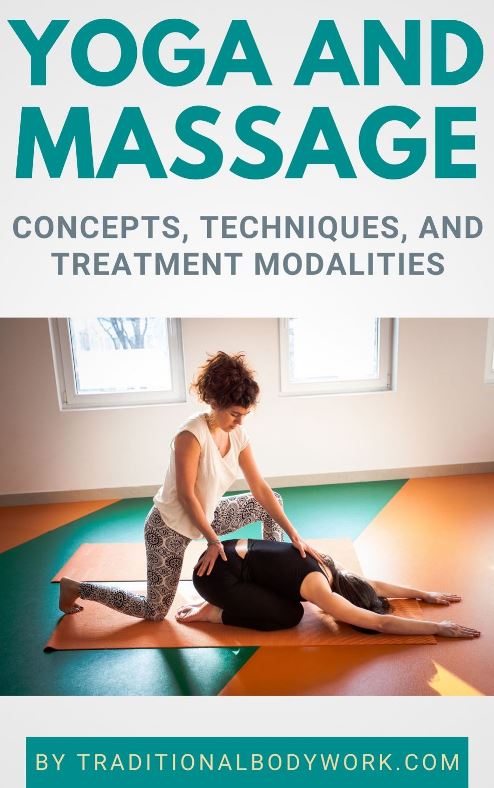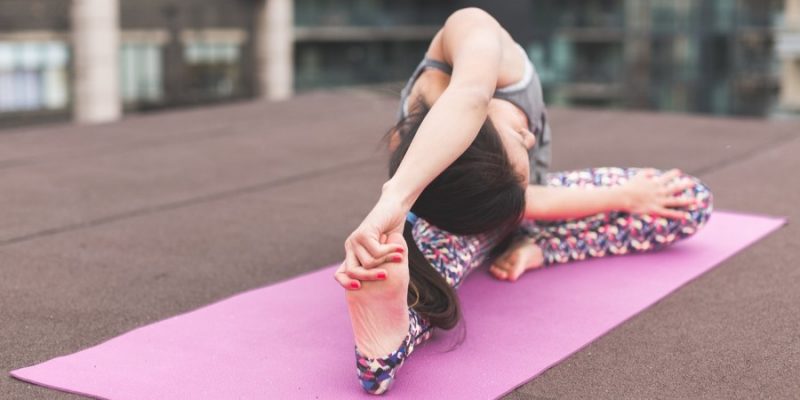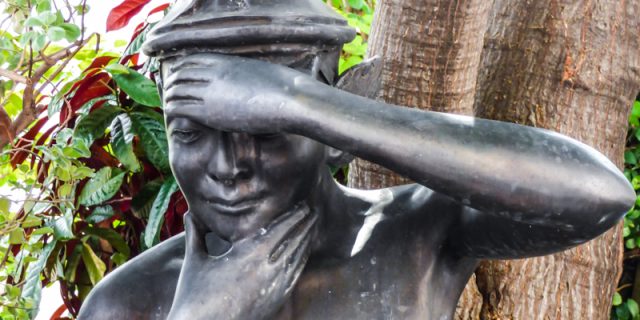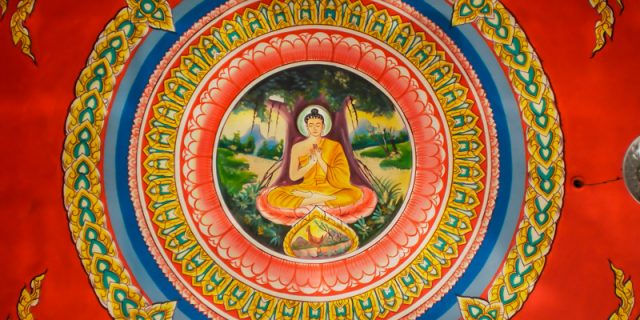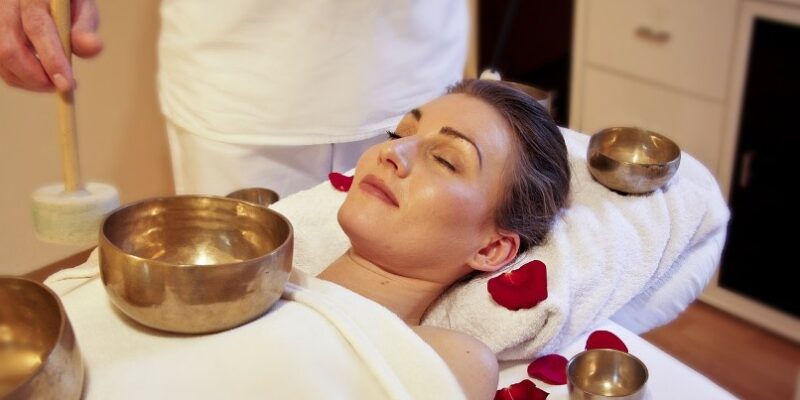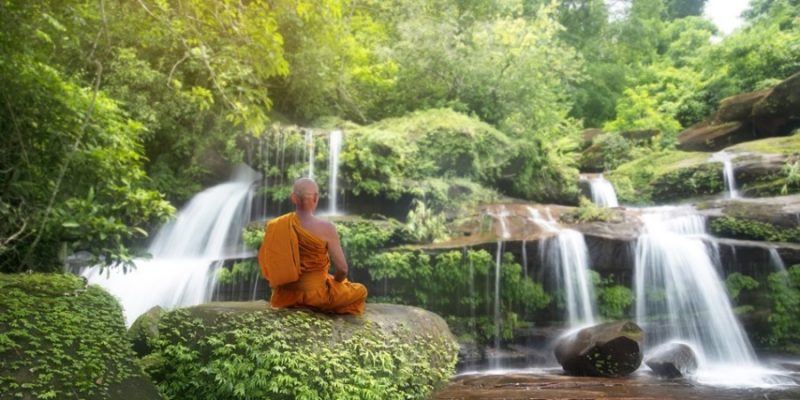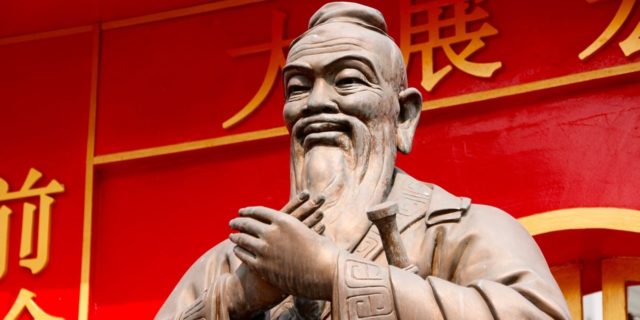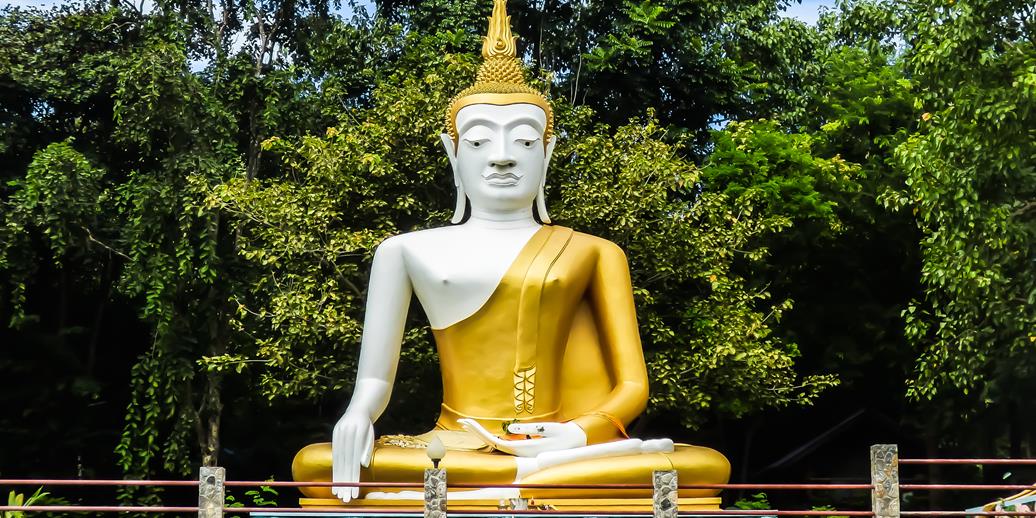
It’s perhaps not often thought about, but a substantial number of the traditional Asian massage and bodywork modalities also have an explicit spiritual aim.
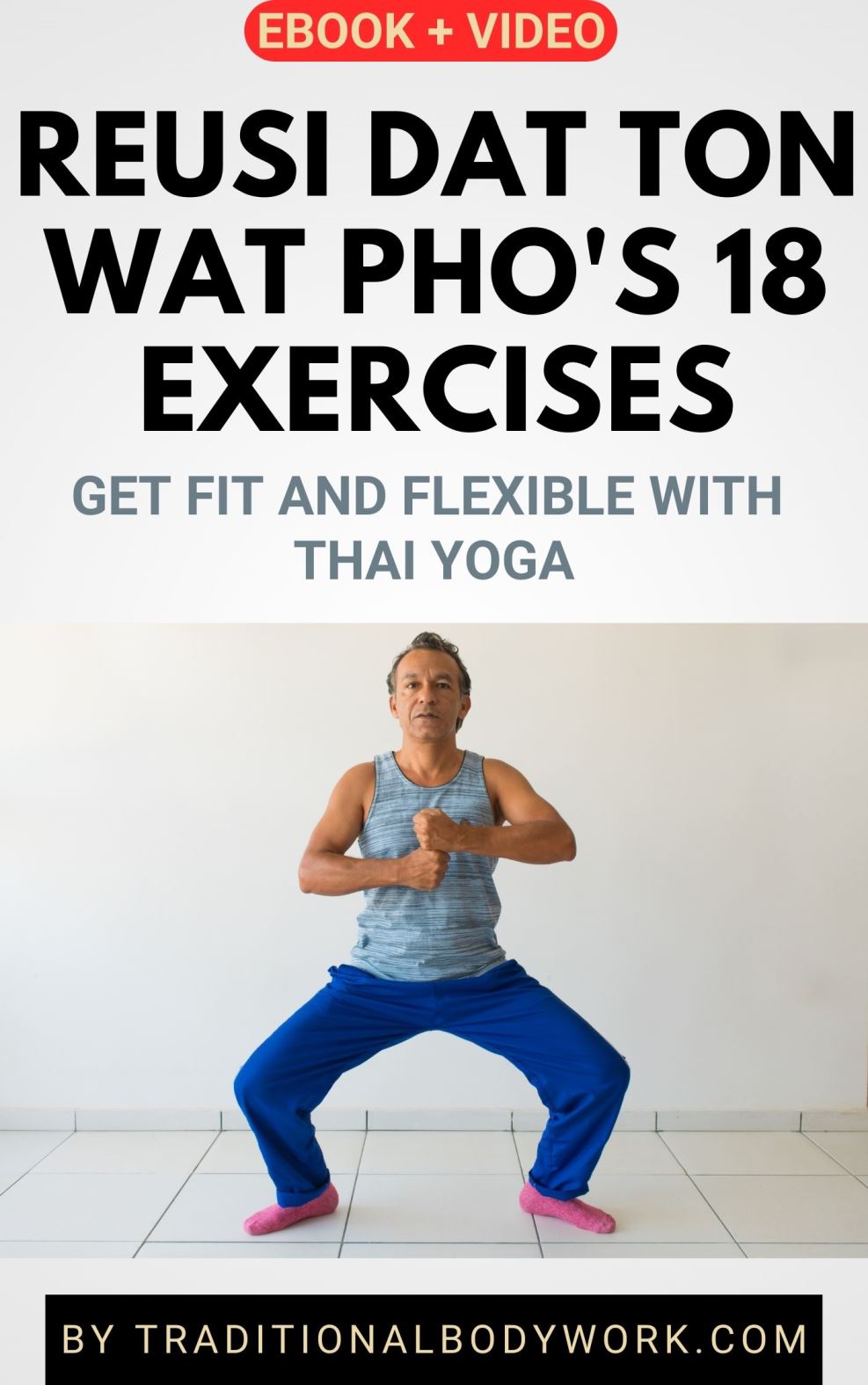
Of course, nowadays, having a massage or doing Yoga, is often a pure physical activity, addressing relaxation, fitness, or therapeutic healing, but traditionally there was much more to it than that.
Traditional Thai Massage, for instance, had (and in many cases still has) an intimate relationship with Buddhism and Vipassana being a meditative healing modality and an application of Metta, that is, loving kindness and compassion.
Staying in Thailand, we can also observe that Traditional Thai Yoga (aka Reu Si Dat Ton) is an ascetic self-stretching and self-massage modality that was used by Buddhist monks to relax their muscles and joints after long sessions of sitting meditation, equally used to strengthen both body and mind to be able to meditate longer.
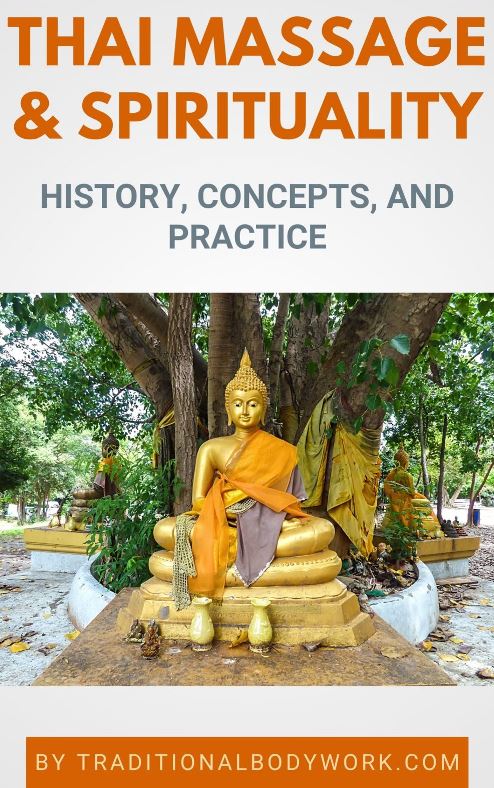
When we further look in India, we find that Yoga, which by the way boasts a vast range of types and styles, addresses mental relaxation, physical fitness and healing, but certainly also preparing the body for meditation, contemplation and higher states of consciousness, finally with the aim to attain spiritual enlightenment in the tradition of Vedanta.
In China, Qigong (Chi Kung) is used for preventive and curative treatments in Traditional Chinese Medicine (TCM), but in Confucianism its aim is to support longevity and improve morality, and in Daoism (Taoism) and Buddhism it’s applied as part of meditative practices.
Energy-work and bodywork are important aspects and assets of Asian spiritual traditions where—perhaps in contrast to Western spiritual practices — an optimal functioning body is seen as a prerequisite, or at least a great help, to come to fruitful and successful meditation, Sadhana or Dharma and finally to Enlightenment.

